We understand that the legal world can often seem complex and even overwhelming. One area that is often challenging to navigate is the intersection of law and psychology, commonly called forensic psychology.
A critical component of our work as forensic psychologists is Document Review. We hope this information helps you better understand the process and the type of documents that are integral to a thorough evaluation. We always recommend that you compile your documents and records with the guidance of your attorney.
What is a Forensic Evaluation?
Forensic evaluations are comprehensive assessments that help answer legal questions by providing insight into an individual's psychological functioning, behavior, motivations, and aspects of their functioning. These evaluations play a vital role in various legal proceedings, from criminal cases to civil disputes, and they often have significant implications on the outcomes of these cases. Each individual has a history, and the documents collected are just one part of the multifaceted approach we use in forensic evaluations. Our approach to forensic evaluations does not rely on any single piece of evidence or record, but instead, we use many data points to help illustrate the person as a whole.
To fully understand an individual, we gather information from multiple data sources, including historical documents, psychological tests, and face-to-face interviews. Additionally, we may consider collateral information from previous providers, family members, and friends. This comprehensive approach allows us to create a balanced and nuanced understanding of the person being evaluated. Our goal is to paint a complete and accurate picture of the individual, rather than making judgments based on isolated incidents or records.
Key Documents and records needed for a Forensic Evaluation
Our assessments require extensive review of various types of documents, the specific nature of which can vary depending on the case. Here, we outline some of the most common:
Legal Records: Police reports, Accident reports, Courts Orders, Prior arrest and conviction records, probation or parole records, court transcripts, and prison records provide crucial context about an individual's history with law enforcement and the legal system.
Medical and Psychological Records: Medical records, prior psychological evaluations, psychiatric hospital records, therapy summaries, substance abuse treatment records, and results of psychological tests allow us to understand an individual's physical and mental health history.
Personal and Social History: School records, employment records, social services records, and personal letters or emails can reveal important information about the person's social, academic, and professional background.
Specialized Records: Depending on the case, we may also need access to military records, substance abuse treatment records, child custody evaluation records, and autopsy reports.
As forensic psychologists, our role is to provide impartial, expert insight into the psychological elements of a case. The more complete the information we have, the more accurate our assessments will be. Providing us with the right documents helps ensure we can give you the best possible guidance and advice.
At Dr. Long and Associates, we are committed to ensuring the process is as smooth as possible for attorneys and their clients. We hope this blog post has clarified some of the complexities involved in a forensic evaluation. Should you have any questions or if you are in need of a forensic consultation, let us know how we can help.
Best,
Dr. Long and Associates
